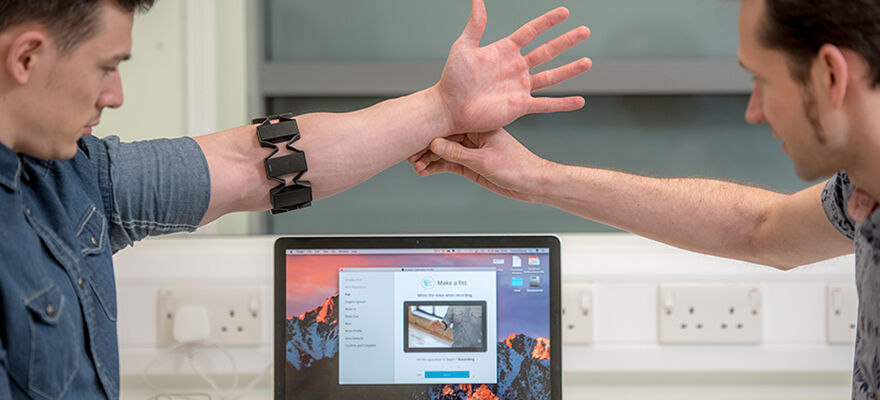Are you considering a career in life sciences, but not sure exactly where to start? Read on to find out more about a career in Biomedical Science and the exciting career paths available with this degree.
Biomedical science
As a biomedical scientist, you'll act as an investigator into the human body, to try and identify changes and diseases on a cellular level, through knowledge of physiology, biochemistry, cell biology, microbiology and genetics.
Biomedical scientists play an important role in the diagnosis, management, and treatment of diseases, through laboratory tests. Key skills for this type of role include good attention to detail, a good investigatory nature, being able to work to tight deadlines and being confident with working with samples of bodily fluids and specimens.
The role embraces a number of important disciplines, including physiology, biochemistry, cell biology, microbiology and genetics. These subjects are of great importance in the provision of healthcare, medical research and underpin the biotechnology and pharmaceutical industries.
Biomedical Science at BCU
See more information about our Biomedical Science course
Biomedical scientists often specialise in the areas of: infection sciences, blood sciences, cell sciences, and genetic and molecular pathology.
Many Biomedical Science graduates progress into postgraduate study to obtain MSc, MPhil, Physician Associate/Assistant and PhD qualifications. Exceptional graduates may be able progress into postgraduate medicine and dentistry.
Careers for BSc (Hons) Biomedical Science graduates include; medical laboratory assistants, trainee biomedical scientists, physician associates, clinical trials for drug companies, research assistants, research technician, marketing assistants, medical and scientific representatives and teaching roles.
Why BCU?
Studying BSc (Hons) Biomedical Science at BCU will give you access to our City South Campus, which recently has undergone a £71 million pound investment, including specialist labs and over £250,000 worth of new equipment.

